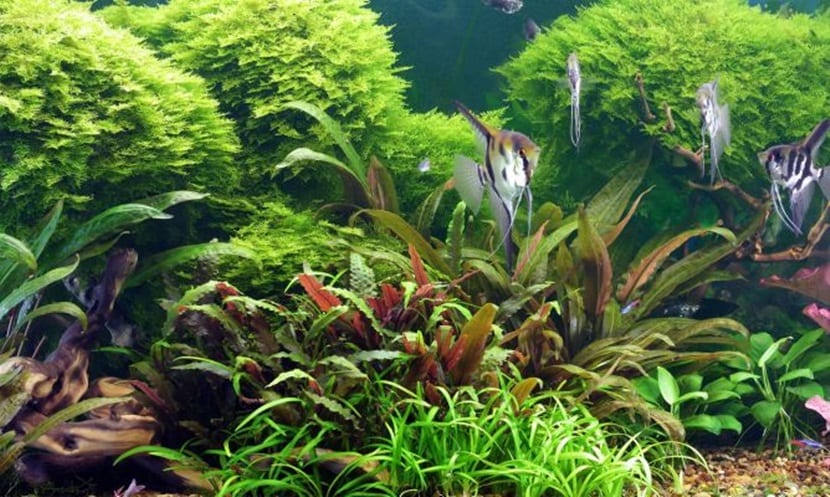
It usually happens that you decide to put an aquarium completely starting from scratch and apparently in perfect condition, but after a few days you notice that the fish die. This has a name since it is very frequent to happen, it is called the 'new aquarium syndrome', it is extremely common in new aquariums and to prevent it from happening, it must be prevented by following some guidelines.
The fault or cause, say, is in the ammonia poisoning. Fish produce ammonia in their waste, which is processed by bacteria and converted to nitrite. The nitrite and ammonia they are very harmful to fish even in small quantities. A new aquarium does not have these vital bacteria, so the ammonia collects, eventually poisoning the fish to death.
The solution, start a cycle in the aquarium. Once installed in the aquarium, it must be supplied with small and resistant fish to start the process, it can also be treat the water with a product designed to start the cycle in the aquarium. Better to introduce few but resistant fish to avoid the new aquarium syndrome. These will act as an ammonia supply for the bacterial colonies.
It is necessary that the introduction of the fish is gradually. Never more than one or two fish per week. So the bacteria colonies present in the tank will grow and adjust to withstand the increasing amount of ammonia introduced into the tank. It is important that the aquarium is clean and the nitrate is renewed, for this you have to change between 10 and 20% of water weekly. When cleaning the filter, do not do it with tap water or products such as soap, as this can kill the bacteria colony and it will start the cycle again, always clean it with aquarium water.